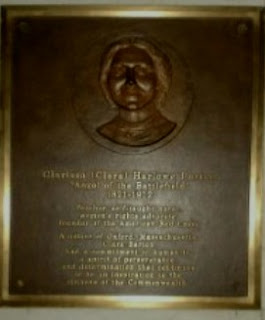Madagascar transitions to new political leadership
Recently, international news reports have covered the ongoing situation on the coast of the east African country of Somalia. Somali pirates have been attacking U.S. cargo and merchant ships in an attempt to disrupt aid donations and trade relations in the area. Another African country has been experiencing some social unrest recently, as well. Madagascar is in the midst of a presidential transition of power. Some followers of Madagascar’s political scene consider this shift to be unconstitutional. French President Nicolas Sarkozy commented: “I greatly regret what has happened in Madagascar and I call for elections as soon as possible, which is the only way out of this imbroglio.” After being colonized by France in 1896, Madagascar gained independence in 1960. The island nation is unique among not only African countries but also countries from around the world. Located in the Indian Ocean, Madagascar is the fourth largest island in the world, after Greenland, New Guinea, and Borneo. Most of Madagascar’s mammals & plants and half of its birds do not live anywhere else in the world. Madagascar’s phenomenal geographic and wildlife features have not protected its citizens from recent economic and political unrest. The World Bank estimates that 70% of Madagascar’s population of approximately 20.6 million people lives on less than $1 per day. Poverty and dwindling forest land are two persistent concerns for the Malagasy (citizens of Madagascar). Last month, President Marc Ravalomanana resigned from office. Ravalomanana stepped down on March 17, 2009, after several months of a bitter power struggle with opposition forces. The African Union, France, and the United States have condemned the recent seizure of power by Madagascar’s military. The Obama administration has decided to not deliver non-humanitarian aid to Madagascar because of the current political situation. Ravalomanana – a millionaire businessman was the former mayor of Antananarivo, Madagascar’s capital city. Ravalomanana’s dairy and oil company is the largest domestically owned company in the country. The Army forced out Ravalomanana and consequently Army officials installed opposition leader Andry Rajoelina, a 34-year-old former disc jockey. Ravalomanana first came to power after defeating former president Didier Ratsiraka in April 2002. Ravalomanana was elected to a second presidential term in December 2006. The current political unrest that Madagascar is facing was propelled by an incident in December 2008. The government tried to close Rajoelina’s Viva TV channel. This incident provoked Rajoelina to challenge Ravalomanana’s authority. Rajoelina, who owns a radio and advertising company, established an opposition party called the Determined Malagasy Youth opposition movement. The current situation is a political and economic challenge for the Malagasy people since Rajoelina’s presidency is not being recognized by the international community.


Comments
Post a Comment